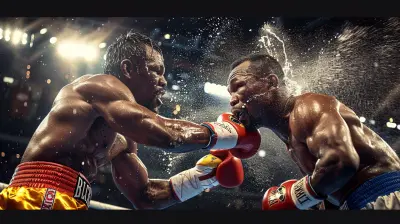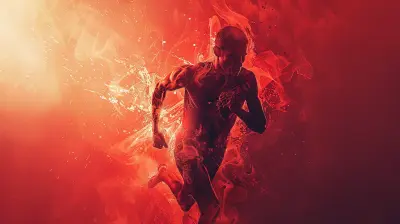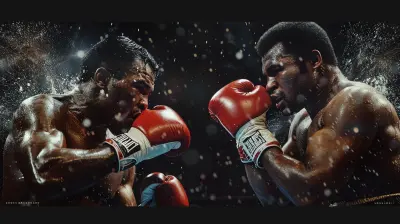The Role of Whistleblowers in Exposing Doping Rings
9 June 2025
When we think of sports, we often think of passion, discipline, and the thrill of fair competition. But behind those shining gold medals and record-breaking performances, there’s a darker side that doesn’t always make the headlines—doping. And while anti-doping agencies play a vital role in trying to keep sports clean, the real heroes that often go unsung are the whistleblowers.
These individuals risk losing their careers, reputations, and sometimes even their safety, all for one thing: the truth. So, what exactly is the role of whistleblowers in exposing doping rings? Let's break it down.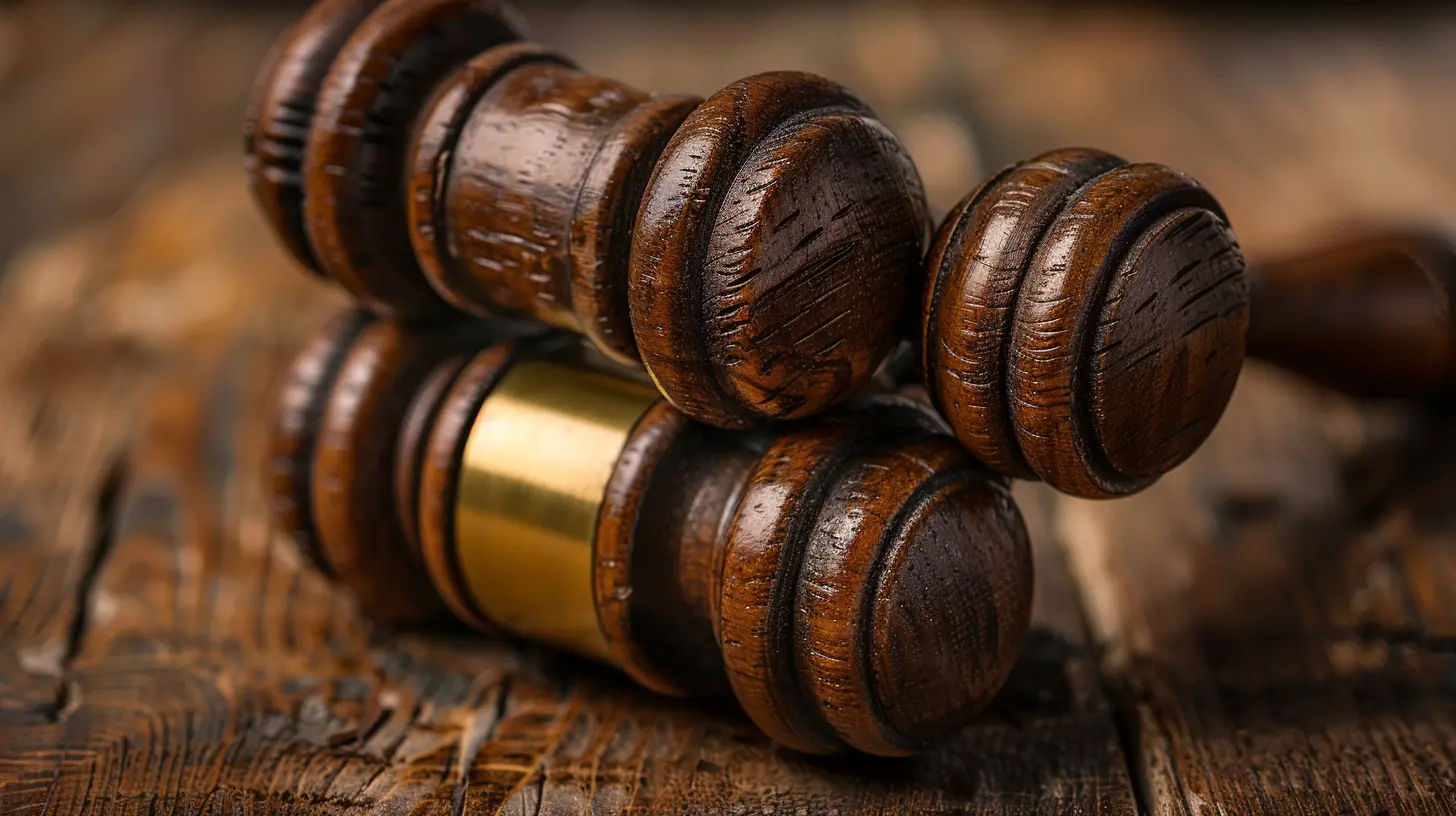
What Is Doping in Sports?
Before we talk about whistleblowers, it's important to know what they’re blowing the whistle on. Doping refers to the use of banned substances or methods to enhance athletic performance. We're talking about things like anabolic steroids, human growth hormones, EPO, and even blood transfusions. These substances don’t just give athletes a competitive edge—they also come with serious health risks.Athletes caught doping can face suspensions, stripped titles, and public humiliation. But as history has shown, many never get caught through routine drug testing alone.
The System Isn’t Perfect: Why Doping Rings Go Unnoticed
Let’s be real—anti-doping agencies aren’t omnipotent. Yes, they have labs, tests, and a whole lot of rules, but doping rings are often one step ahead. Some athletes and their teams use sophisticated methods to avoid detection. Micro-dosing, masking agents, and off-season cycling of substances can outsmart even the most advanced tests.This means the system often fails to catch cheats in real-time. That’s where whistleblowers come in.
So, Who Are These Whistleblowers?
Whistleblowers in the world of sports are usually insiders—think athletes, coaches, doctors, trainers—people who are in the room where it happens. They witness the doping first-hand and choose to come forward, often at great personal cost.They’re not snitches. They're truth-tellers. They're the ones who prioritize integrity over loyalty to a flawed system. And without them, many of the biggest doping scandals in history would have never come to light.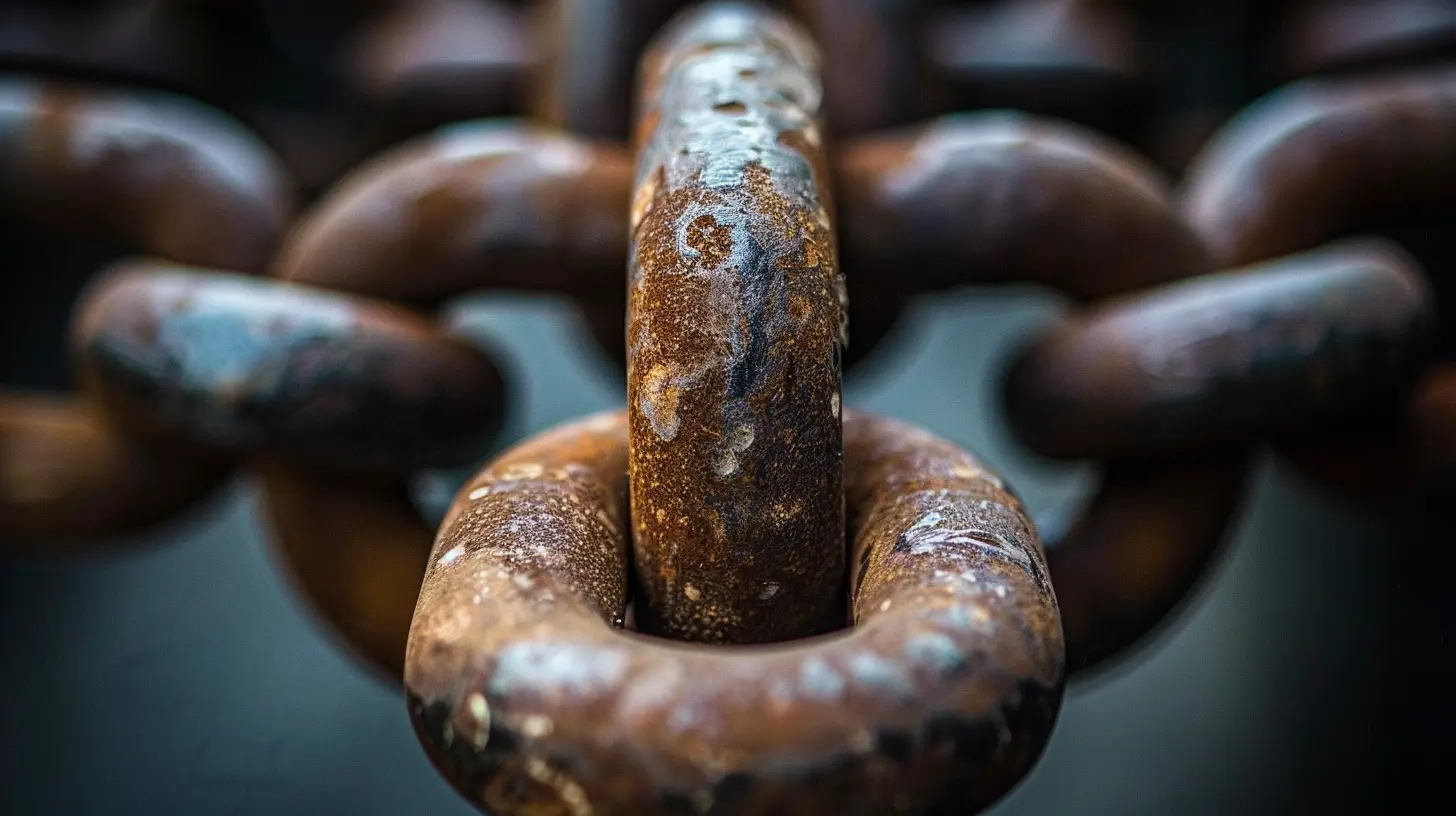
Famous Cases Where Whistleblowers Changed the Game
Let’s dive into some real-world examples where whistleblowers completely unraveled doping operations:1. The BALCO Scandal — Victor Conte and Associates
Back in the early 2000s, the Bay Area Laboratory Co-operative (BALCO) was at the heart of a massive sports doping ring. Athletes like Marion Jones and Barry Bonds were implicated. The scandal only came to light when Trevor Graham, a former track coach, anonymously mailed a syringe to the U.S. Anti-Doping Agency (USADA) containing a previously undetectable steroid—THG (tetrahydrogestrinone).From there, investigations blew the operation wide open. Without that tip, BALCO might still be flying under the radar.
2. Lance Armstrong and the US Postal Service Team
This one's a doozy. Lance Armstrong, once the poster boy for perseverance, was stripped of seven Tour de France titles after it was revealed he led the most sophisticated, professionalized, and successful doping program the sport had ever seen.Key whistleblower? Floyd Landis, a former teammate who said enough was enough. He exposed systemic doping practices within the team, which triggered a full-blown federal investigation.
3. Russian Doping Scandal — Dr. Grigory Rodchenkov
Perhaps the most explosive case in recent years. Dr. Rodchenkov, former director of Russia's anti-doping lab, turned whistleblower and exposed a state-sponsored doping program. His revelations led to Russia being banned from major international competitions like the Olympics.He risked everything—his career, his reputation, and his safety (he now lives under witness protection in the U.S.)—just to bring the truth to light.
Why Whistleblowers Are So Effective Against Doping
All right, so why do whistleblowers manage to do what the system often can’t? Simple:- 🔍 Insider Access – They see things no test can detect.
- 🧠 Knowledge of Avoidance Tactics – They understand how cheaters game the system.
- 📄 Solid Evidence – Documents, emails, taped conversations, and physical samples.
- 🗣️ First-hand Testimony – Words from someone on the inside carry a lot of weight.
In short, they provide layers of proof that blood and pee tests just can’t offer.
The Risks Whistleblowers Face (And Why Many Stay Silent)
Let’s not sugarcoat it—blowing the whistle is not a walk in the park.Here’s what whistleblowers risk:
- Career Suicide: Many are blackballed from competing or working in the industry again.
- Legal Trouble: In some countries, speaking out can lead to lawsuits or even jail time.
- Public Backlash: Being labeled a traitor by fans, teammates, and the media.
- Mental Health Strain: Anxiety, depression, PTSD—you name it.
So why do they still come forward? Because they believe in something bigger than medals or contracts. They believe in fairness.
How Sports Organizations React to Whistleblowers
This is where the story gets even more complicated. You’d think sports organizations would roll out the red carpet for whistleblowers, right?Unfortunately, that’s not always the case.
Some organizations prefer to protect their reputations over chasing the truth. In certain cases, whistleblowers have been ignored, silenced, or discredited. While strides have been made—like USADA’s whistleblower protection policies—the journey is far from perfect.
Technology Meets Testimony: A Powerful One-Two Punch
Doping detection has come a long way. We now have biological passports, more sensitive test methods, and AI flagging unusual patterns. But none of that works well without the human element.Think of it like this: technology is the flashlight, but whistleblowers? They point us in the direction to shine it.
We need both to clean up sports.
Creating a Safer Environment for Whistleblowers
If we want more people to come forward, we’ve got to make the whistle safer to blow. That means:- 🛡️ Legal Protections – Laws that shield whistleblowers from retaliation.
- 💰 Financial Incentives – Reward programs that compensate for lost income or stress.
- 💬 Anonymous Reporting Systems – So people can speak up without fear.
- 🧠 Mental Health Support – Because doing the right thing should never come at the expense of one’s well-being.
We owe it to whistleblowers to protect them, just like they protect the integrity of the sport.
The Bigger Picture: A Culture Shift in Sports
This conversation isn’t just about catching cheaters—it’s about changing the mindset in sports culture. Right now, winning at all costs is a message hammered into athletes from a young age. But if we elevate fairness, transparency, and ethics to the same level, we won’t need as many whistleblowers in the first place.Wouldn’t that be something?
Final Thoughts: Whistleblowers Are the Guardians of Fair Play
Let’s be honest: without whistleblowers, many doping scandals would stay buried forever. The tests might miss it, the authorities might overlook it, but the people inside the system? They see it all.These are the folks who stare into the abyss of corruption and still choose to do the right thing. That takes guts. That takes heart.
So, the next time you watch a race, a match, or an Olympic event and marvel at the talent on display, give a silent nod to the unseen heroes who help keep the playing field level.
Because thanks to whistleblowers, we still have reasons to believe in fair play.
all images in this post were generated using AI tools
Category:
DopingAuthor:

Onyx Frye
Discussion
rate this article
3 comments
Zevin King
Integrity matters—whistleblowers are heroes!
June 15, 2025 at 10:28 AM

Onyx Frye
Thank you! Whistleblowers play a crucial role in upholding integrity in sports. Their courage in exposing wrongdoing helps protect the spirit of competition.
Karson McKibben
Whistleblowers are crucial in dismantling doping rings, yet their courage often comes with personal sacrifice. We must protect and celebrate these individuals to foster integrity in sports.
June 10, 2025 at 3:48 AM

Onyx Frye
Absolutely agree! Whistleblowers play a vital role in promoting fairness in sports, and their bravery deserves our utmost respect and protection.
Alanna Barlow
Whistleblowers are the unsung heroes of sports integrity! Their courage paves the way for a cleaner, fairer playing field, inspiring athletes and fans alike. Keep shining!
June 9, 2025 at 3:21 AM

Onyx Frye
Thank you for your insightful comment! Whistleblowers truly play a crucial role in upholding integrity in sports, and their bravery is essential for fostering a fair environment for all.
